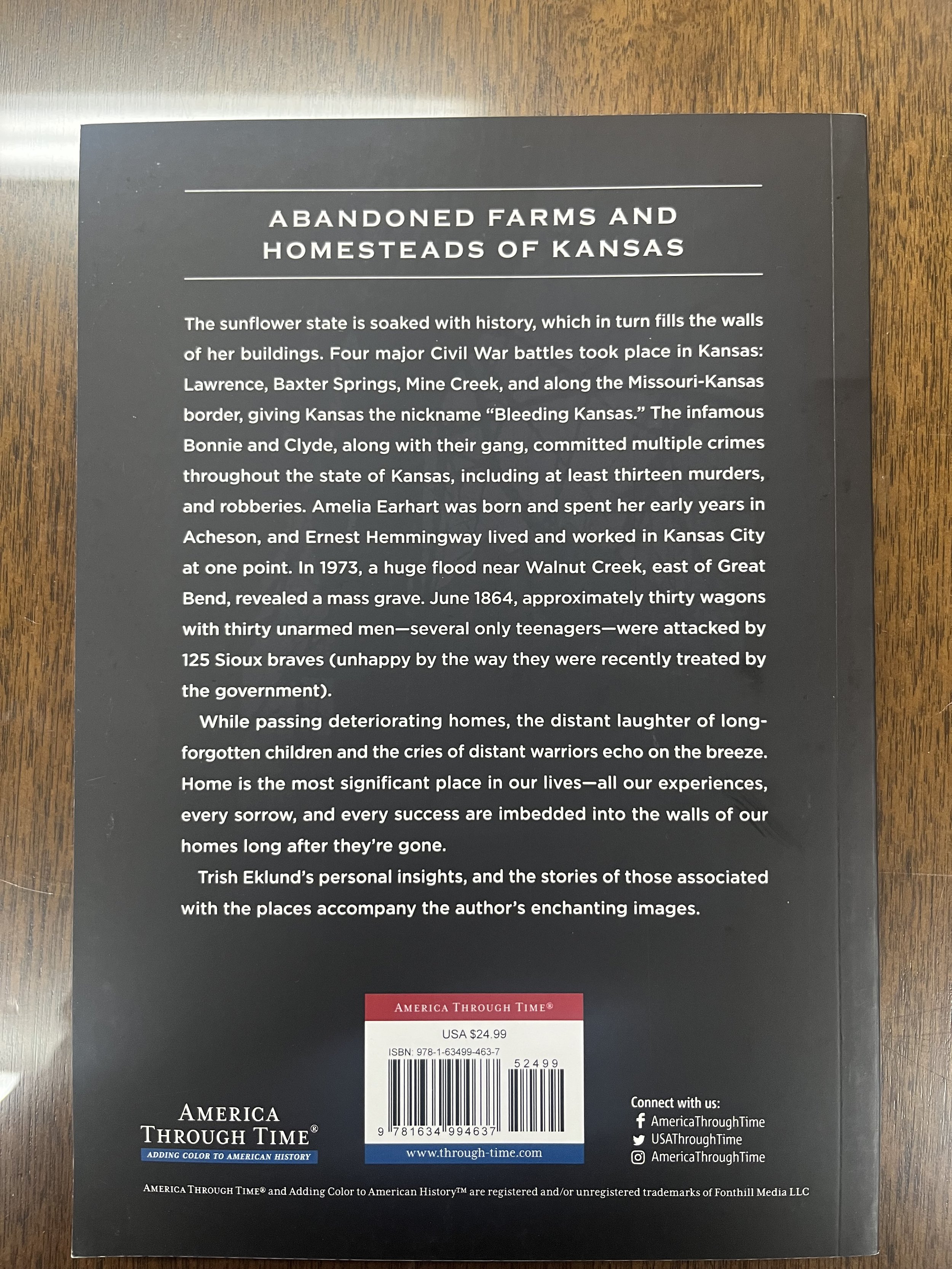For the Children: Pursuing Religious and Political Freedoms
Daughter Agnetha could not go to sleep at night until her father, Peter Epp, told her that he loved her. Peter truly loved his daughter and her brother Johann, who was six years younger. These children were a revered gift fro God for Peter and his wife Agnethe, who had lost their first three children to childhood diseases of the mid-1800’s in West Prussia. In 1867 when Johann was five and his sister Agnetha was eleven, the West Prussian government rescinded all the rights and privileges that had enticed the Dutch Anabaptists to relocate to West Prussia 300 years earlier. Thus begins the story of the Peter and Agnethe Epp family, who with courage and conviction, pursued the search for a place where they could raise their children within the guidelines of their faith. In 1870 Peter Epp sold their farm in West Prussia and moved the family to southern Russia. Czarina Catherine the Great had issued her Manifesto in 1763, inviting Polish Mennonites and Volga Germans to southern Russia with the eternal right to self-governance and religious freedom. In 1871, within the first year of the Epps living in southern Russia, the Czarist government rescinded the Manifesto issued by Catherine the Great. Although life in southern Russia with many relatives and friends was truly enjoyable, Peter and Agnethe became more and more concerned about the future of their children, espeically Johann who was approaching military draft age. When Johann was twenty years old, Peter told him that he would now need to go to American to avoid being inducted into either the Russian or West Prussian armies. With great reluctance Johann went to live with a cousin in Beatrice, Nebraska. In southern Russia, the Mennonites were beginning to fear for their lives because of political unrest. Within the next year, in 1882-1883, Peter again sold his farm and business in southern Russia, and the Epp family joined Johann in Nebraska. Peter, however was intrigued with opportunities in Kansas and in 1884, after several investigative trips, he purchased a farm for Johann in Butler County, Kansas, and a small farm for himself. Daughter Agnetha and her husband, Heinrich Thiessen, also purchased a farm nearby. Here the Epp story has continued to unfold and with time Johann had nine children. By 2014 his descendants tallied seven hundred, enjoying the religious and political freedoms valued by Peter and Agnethe.
Daughter Agnetha could not go to sleep at night until her father, Peter Epp, told her that he loved her. Peter truly loved his daughter and her brother Johann, who was six years younger. These children were a revered gift fro God for Peter and his wife Agnethe, who had lost their first three children to childhood diseases of the mid-1800’s in West Prussia. In 1867 when Johann was five and his sister Agnetha was eleven, the West Prussian government rescinded all the rights and privileges that had enticed the Dutch Anabaptists to relocate to West Prussia 300 years earlier. Thus begins the story of the Peter and Agnethe Epp family, who with courage and conviction, pursued the search for a place where they could raise their children within the guidelines of their faith. In 1870 Peter Epp sold their farm in West Prussia and moved the family to southern Russia. Czarina Catherine the Great had issued her Manifesto in 1763, inviting Polish Mennonites and Volga Germans to southern Russia with the eternal right to self-governance and religious freedom. In 1871, within the first year of the Epps living in southern Russia, the Czarist government rescinded the Manifesto issued by Catherine the Great. Although life in southern Russia with many relatives and friends was truly enjoyable, Peter and Agnethe became more and more concerned about the future of their children, espeically Johann who was approaching military draft age. When Johann was twenty years old, Peter told him that he would now need to go to American to avoid being inducted into either the Russian or West Prussian armies. With great reluctance Johann went to live with a cousin in Beatrice, Nebraska. In southern Russia, the Mennonites were beginning to fear for their lives because of political unrest. Within the next year, in 1882-1883, Peter again sold his farm and business in southern Russia, and the Epp family joined Johann in Nebraska. Peter, however was intrigued with opportunities in Kansas and in 1884, after several investigative trips, he purchased a farm for Johann in Butler County, Kansas, and a small farm for himself. Daughter Agnetha and her husband, Heinrich Thiessen, also purchased a farm nearby. Here the Epp story has continued to unfold and with time Johann had nine children. By 2014 his descendants tallied seven hundred, enjoying the religious and political freedoms valued by Peter and Agnethe.
Daughter Agnetha could not go to sleep at night until her father, Peter Epp, told her that he loved her. Peter truly loved his daughter and her brother Johann, who was six years younger. These children were a revered gift fro God for Peter and his wife Agnethe, who had lost their first three children to childhood diseases of the mid-1800’s in West Prussia. In 1867 when Johann was five and his sister Agnetha was eleven, the West Prussian government rescinded all the rights and privileges that had enticed the Dutch Anabaptists to relocate to West Prussia 300 years earlier. Thus begins the story of the Peter and Agnethe Epp family, who with courage and conviction, pursued the search for a place where they could raise their children within the guidelines of their faith. In 1870 Peter Epp sold their farm in West Prussia and moved the family to southern Russia. Czarina Catherine the Great had issued her Manifesto in 1763, inviting Polish Mennonites and Volga Germans to southern Russia with the eternal right to self-governance and religious freedom. In 1871, within the first year of the Epps living in southern Russia, the Czarist government rescinded the Manifesto issued by Catherine the Great. Although life in southern Russia with many relatives and friends was truly enjoyable, Peter and Agnethe became more and more concerned about the future of their children, espeically Johann who was approaching military draft age. When Johann was twenty years old, Peter told him that he would now need to go to American to avoid being inducted into either the Russian or West Prussian armies. With great reluctance Johann went to live with a cousin in Beatrice, Nebraska. In southern Russia, the Mennonites were beginning to fear for their lives because of political unrest. Within the next year, in 1882-1883, Peter again sold his farm and business in southern Russia, and the Epp family joined Johann in Nebraska. Peter, however was intrigued with opportunities in Kansas and in 1884, after several investigative trips, he purchased a farm for Johann in Butler County, Kansas, and a small farm for himself. Daughter Agnetha and her husband, Heinrich Thiessen, also purchased a farm nearby. Here the Epp story has continued to unfold and with time Johann had nine children. By 2014 his descendants tallied seven hundred, enjoying the religious and political freedoms valued by Peter and Agnethe.









